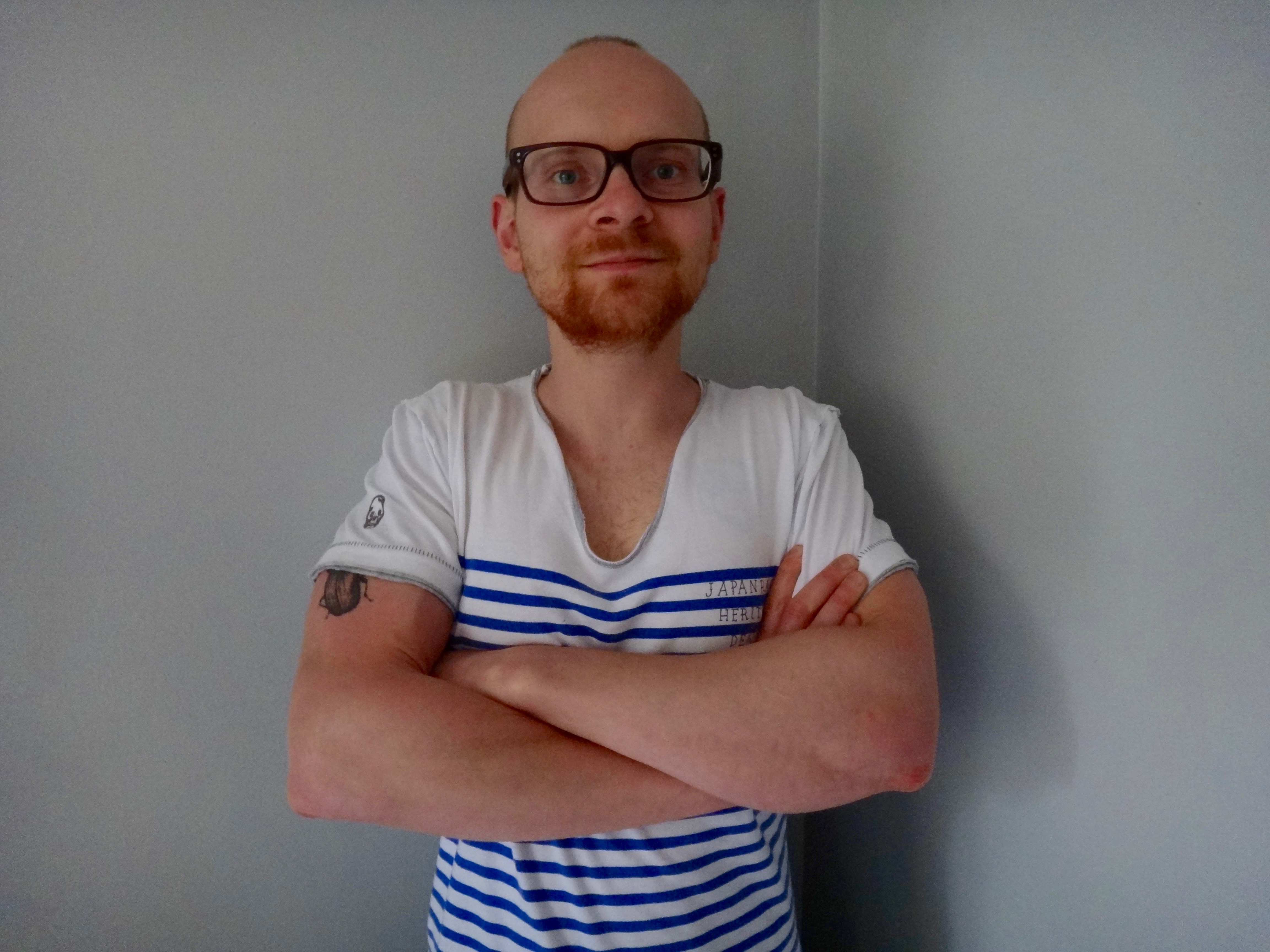 Interview with Florian Nock, Communication Manager at Livin Farms
Interview with Florian Nock, Communication Manager at Livin Farms
Let’s know about your passion for edible insects…
I have this inside me, literally… This passion about edible insects is the connexion of all the things that makes who I am and what I believe, past, present and future: The effect of a healthy diet on health and energy, the impact of food in your life, cooking, growing food and also thriving for a better and more sustainable place for the future generations.
For the last 2 years, after my master degree in environment, I raised mealworms in my room, studied and passed some certifications in nutrition, health, cooking, entomology, marketing and communication, attended some conferences and seminars in order to understand the field in the broadest way as possible.
I think that my choice of stop eating meat for coherence between what I say, what I think and what I do, pushed this passion to another level.
You managed the EntoMove project and recently you’ve joined the Livin Farms team: why this change?
Honestly, I never meant to be a blogger. I started the Entomove project in late 2014 with any single idea of what WordPress was. It was a way for me to connect with people, share my ideas and passion and also fun and pleasant (but accurate!) source of information for consumers. But in my mind, it has always meant to be a stepping-stone in order to integrate a team. I followed and was interested by Katharina and Julia’s work for a long time. After reading your Katharina’s interview, I really love her mindset and decided to contact her just to know each other a little bit better. A few weeks later, I saw they were looking for help for managing the communication of Livin Farms. And here I am …
This is the right time for startups to grow and became companies capable to face the market, is your joining the Livin Farms team also related to this?
I just came back from the conference “Eating Insects” held in Detroit and we all agreed on this point. The sector is growing and we need to professionalize it in order to face the market.
You work on communication: what’s your vision for best communicate edible insects or products in which they are just an ingredient?
I don’t see insect as “just an ingredient”… I consider it as food and all what it means. Moreover, at Livin Farms our goal is empower people to grow their own food.
But to answer your question about communication: I think it’s about integrity, accuracy and commitment to provide the best information. We are in an emerging field and there are a lot of questions and interrogations coming from the consumers.
For me, when someone decide to purchase a Hive™ and install it in his kitchen: it’s because he shares the same vision as us about food, health and sustainability. The automated device for growing mealworms is something that will impact his daily life for the long term. If you made this choice, you deserve the best experience ever.
Considering that edible insects-derived proteins will not gain the whole market of alternative proteins, do you agree with those who say that the “yuk factor” is an apparent problem?
There will always be people with this “yuk factor” and we can’t do anything about it… But, there are more and more people interested about food, about its impact on health, its origin and its effect on the environment. Trough my years of presentation, I’m seeing a growing audience linking these aspects with the potential of edible insects. And with all the global challenges we are facing and we will face, this audience will continue to rise. I prefer focusing on these curious, open-minded and creative people; they will push the majority forward.
What’s your opinion about the timing of entomophagy’s “normalization” in the western world?
On one hand, saying to our audience that it is a common practice in other parts of the world is a good idea; it helps lowering some barriers, so that’s a good point.
On the other hand, it’s not “normal” for the Western world and we should never forget why we started… We are facing in a turning point in the human history: that’s the first time we are adapting our diet for our planet and the future generation. That requires a really opened mindset. If people keep that in mind that will surely empower them and help avoid excesses.
But I don’t like this idea of “normalization” and seeing “Western world” and “countries where insects are eaten regularly” as a whole. It’s as countries, as regions, as communities, as families and as a unique living being that our food choices are made.





